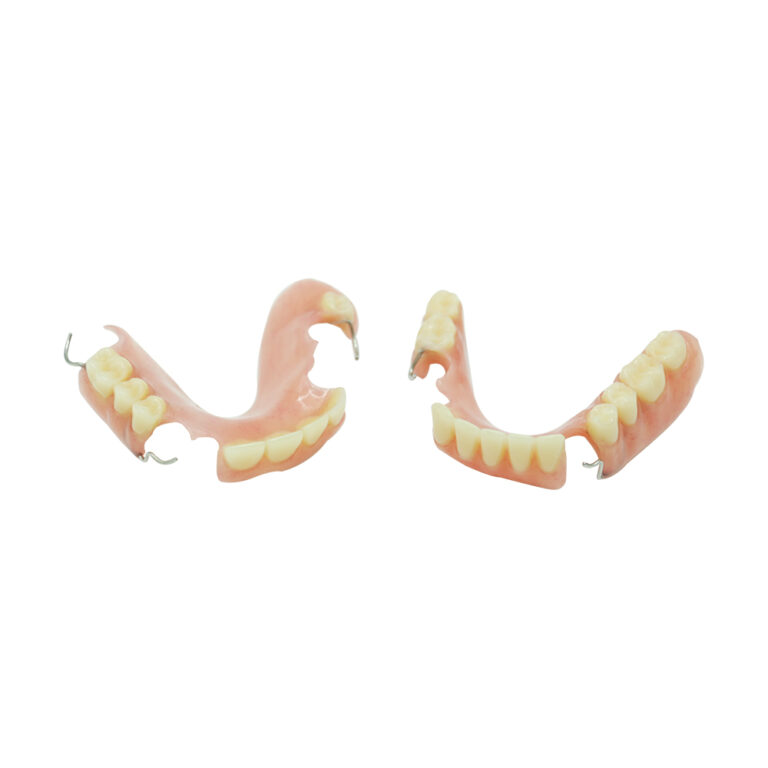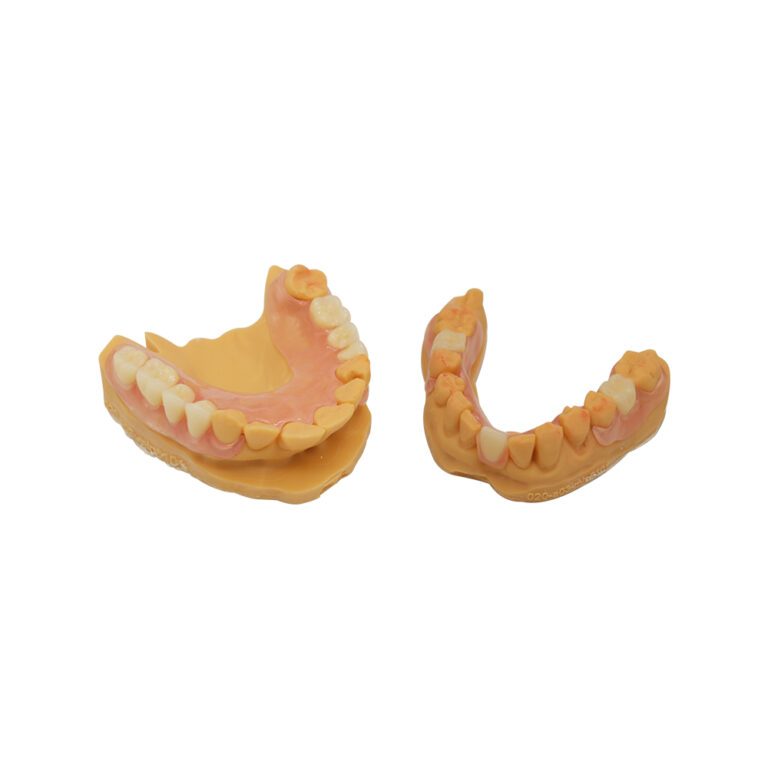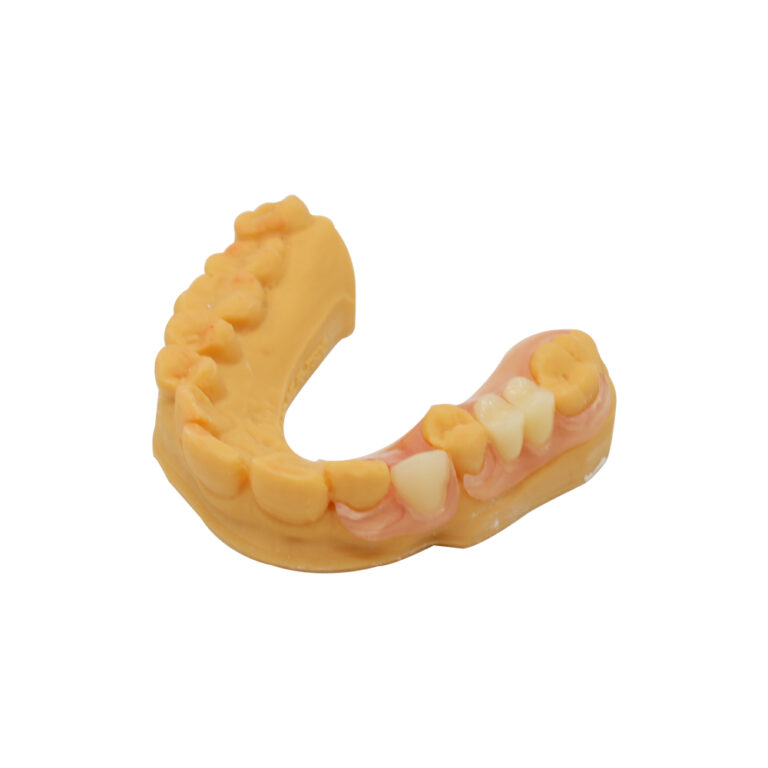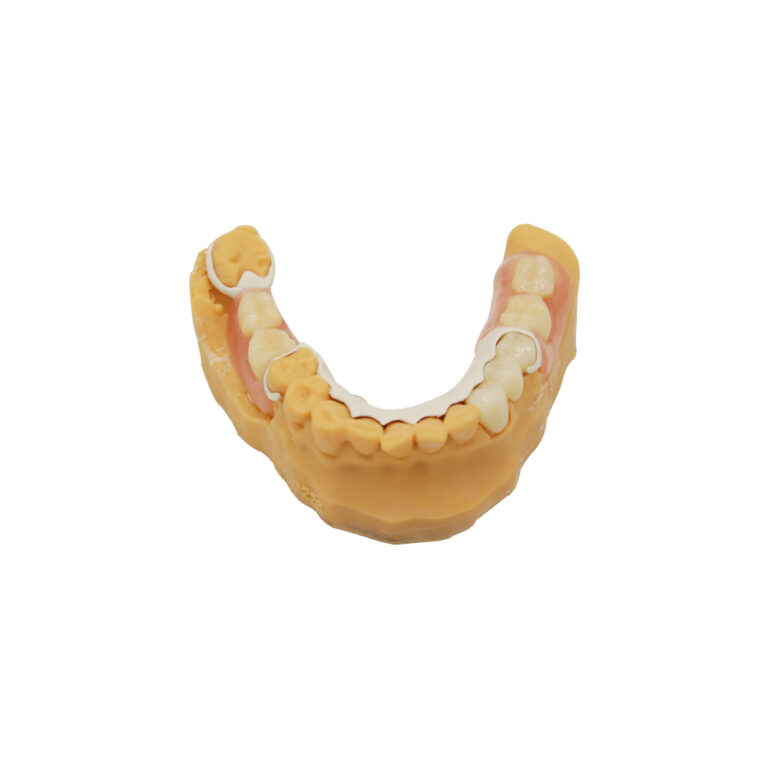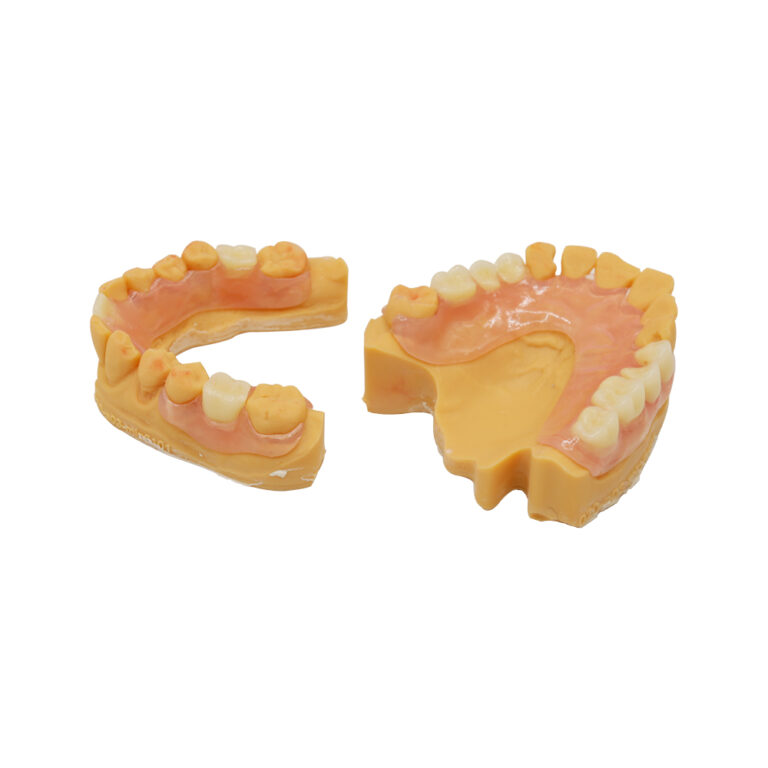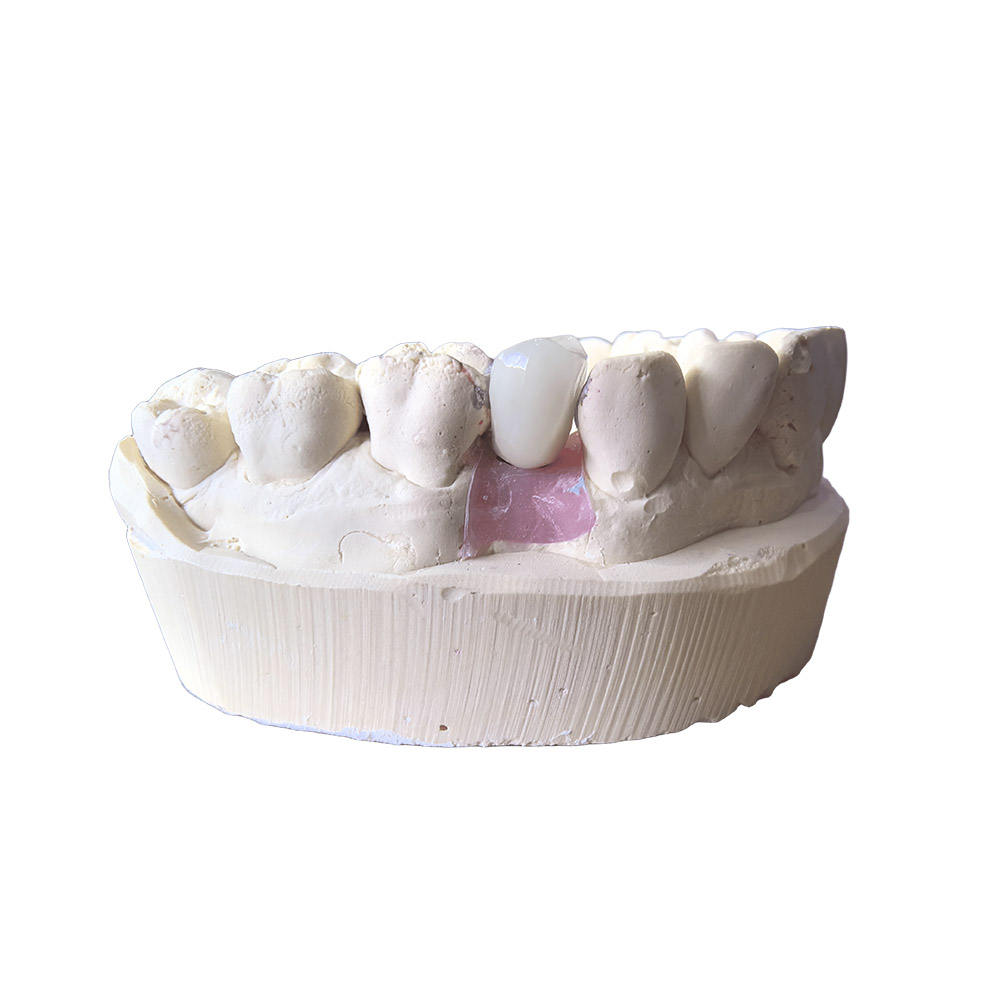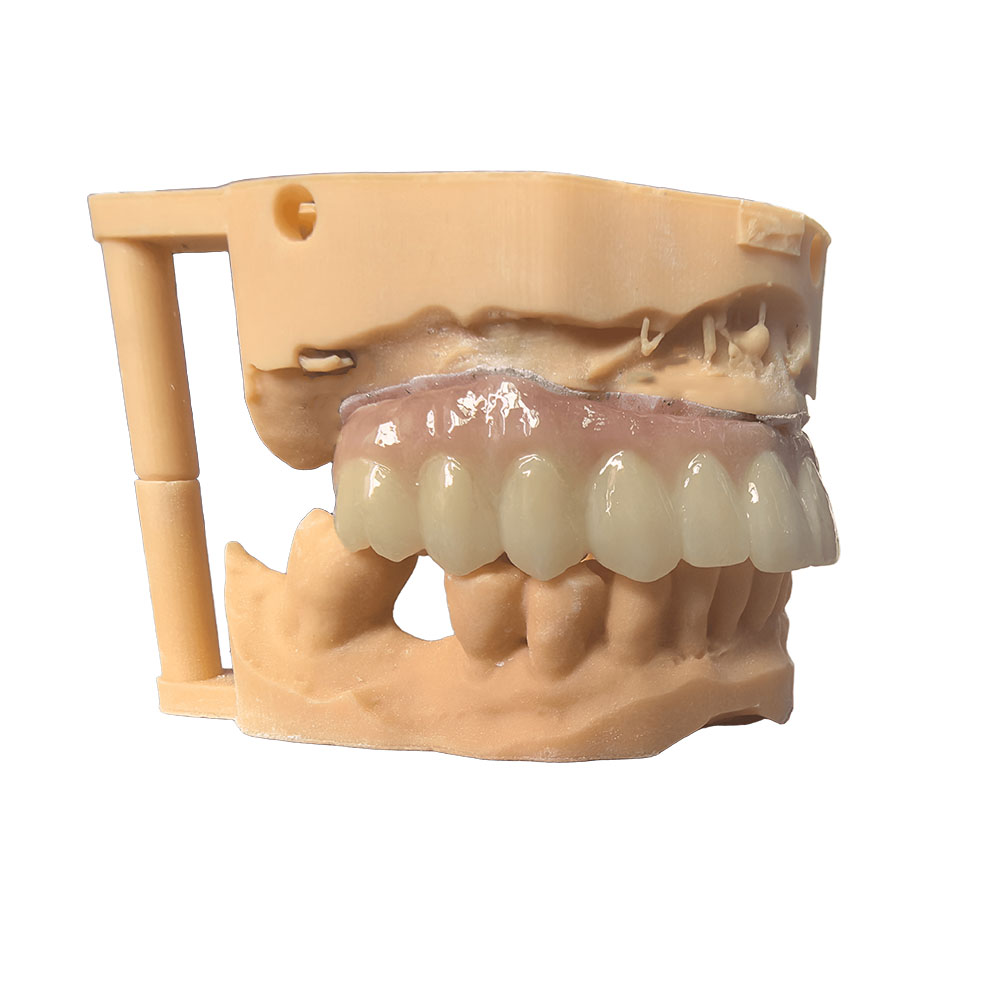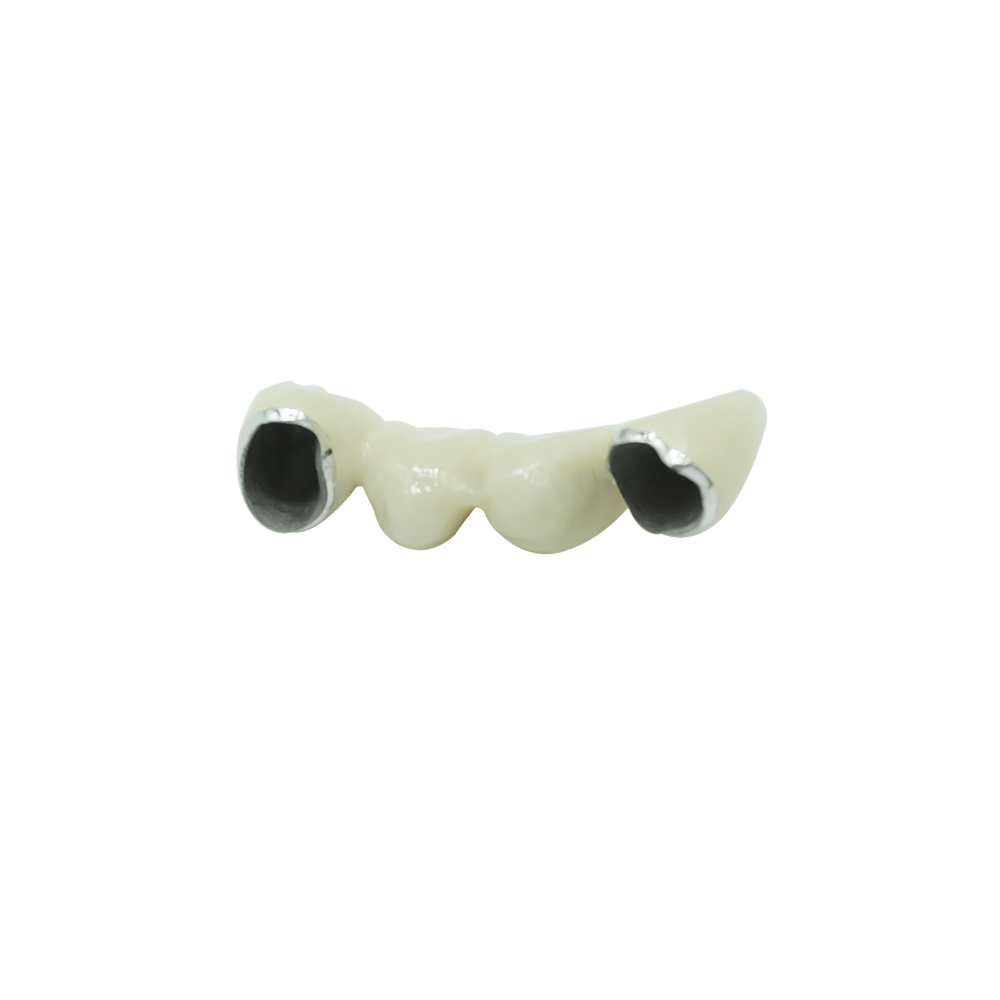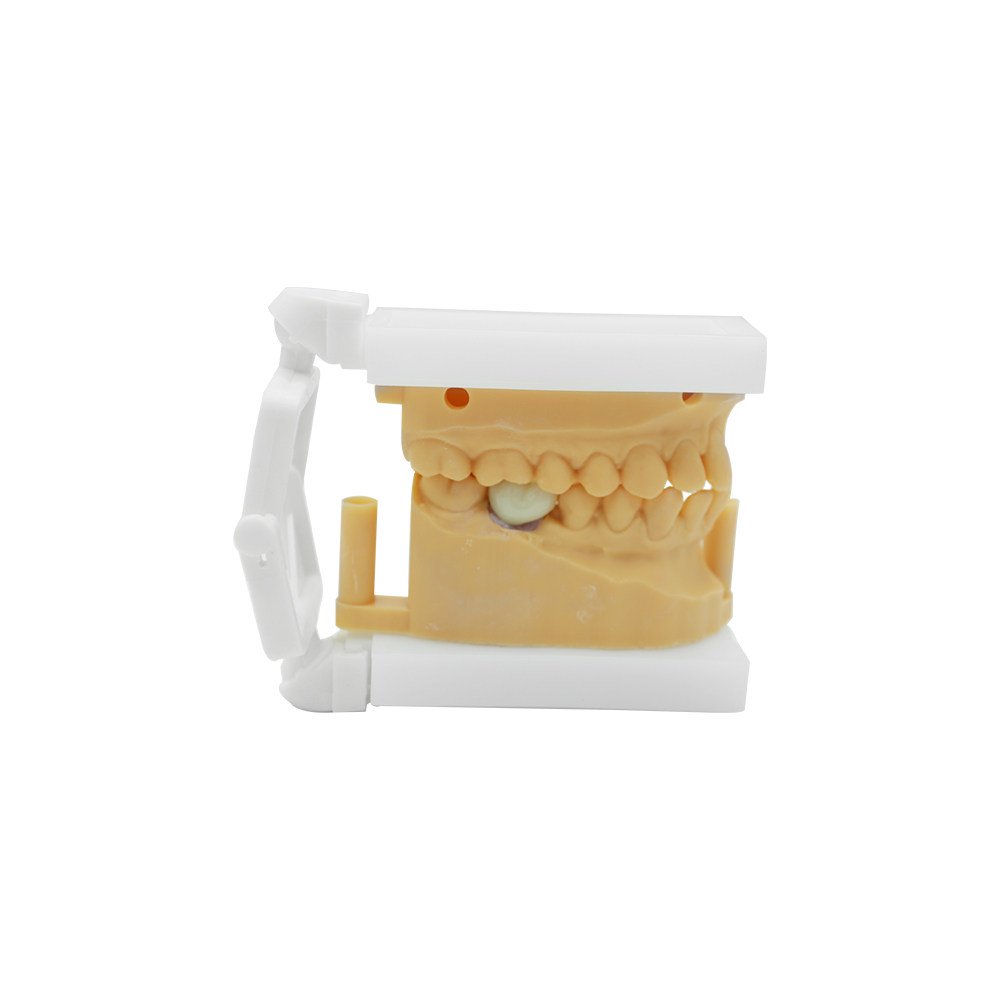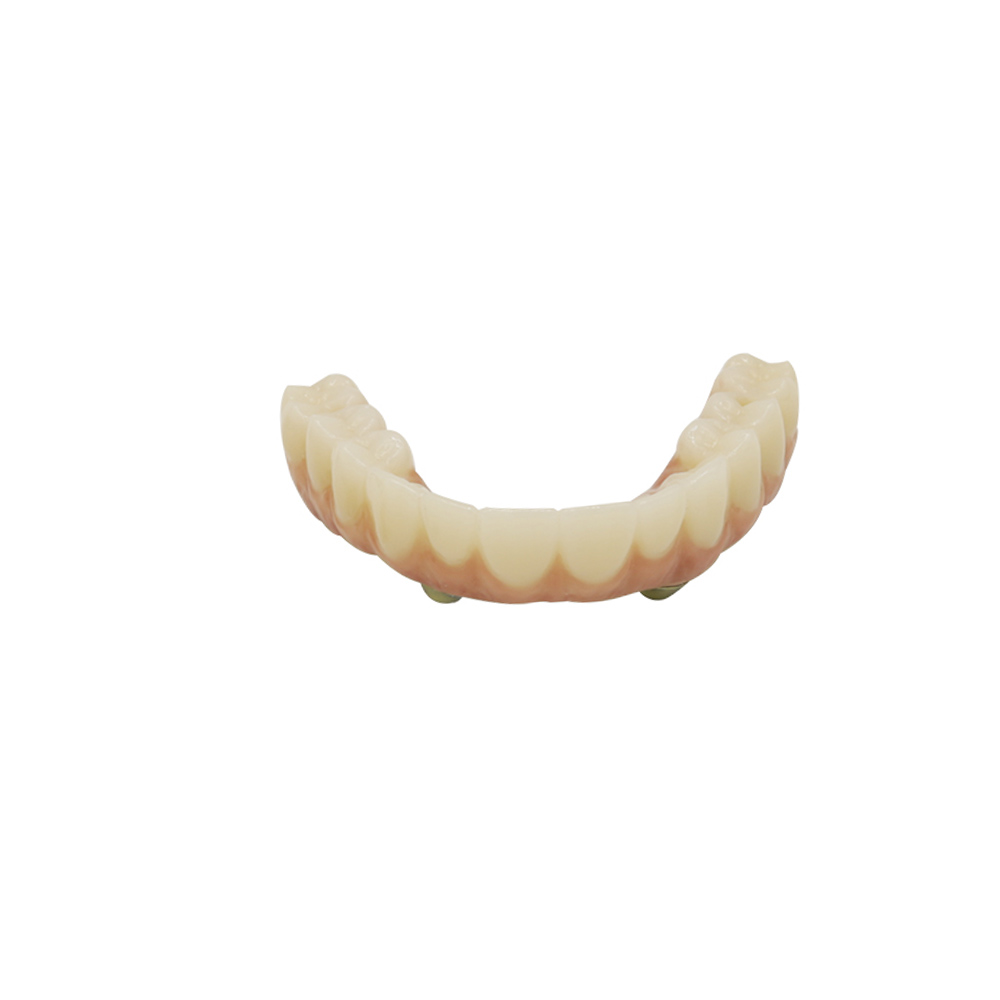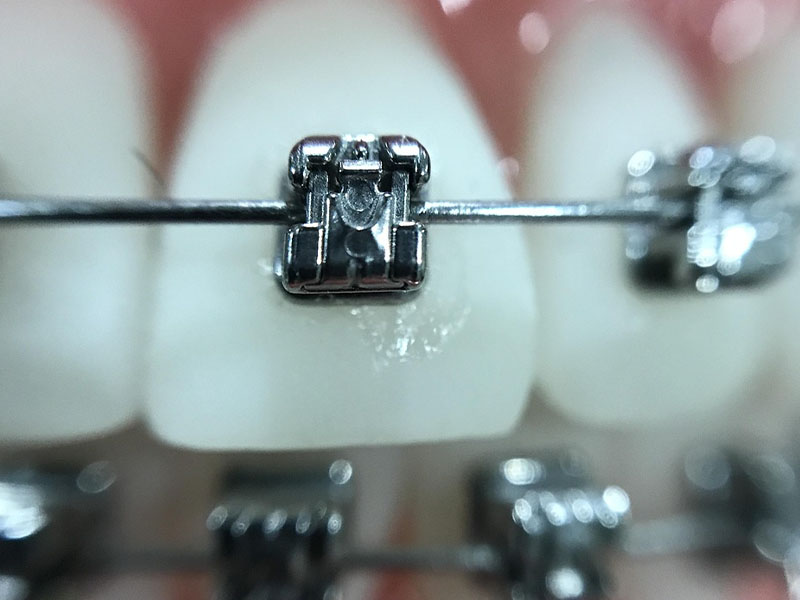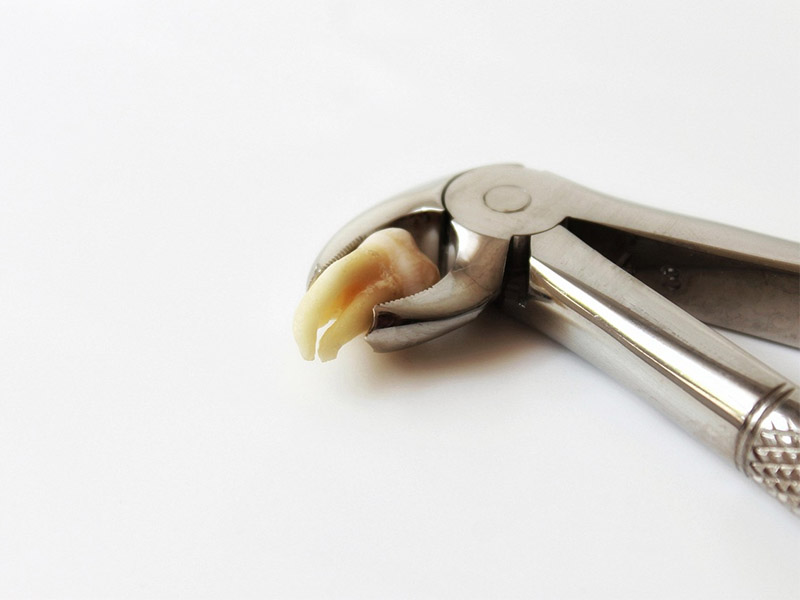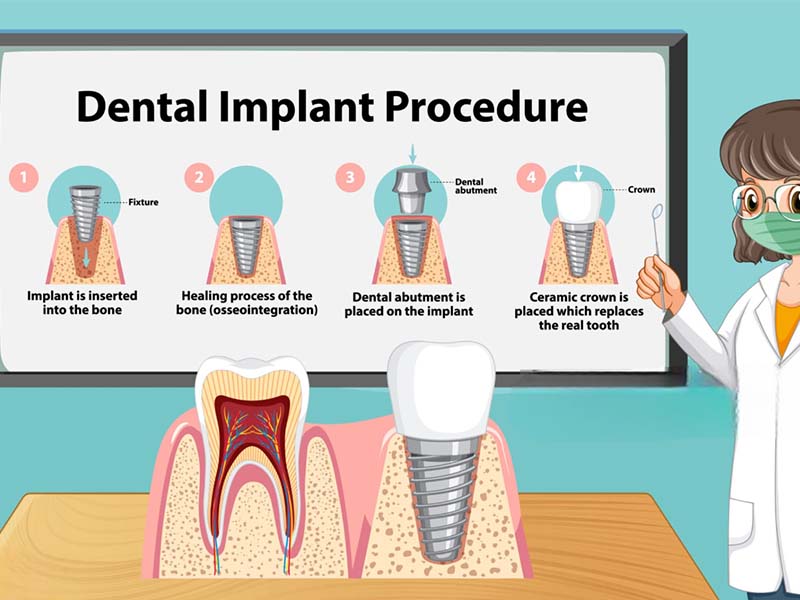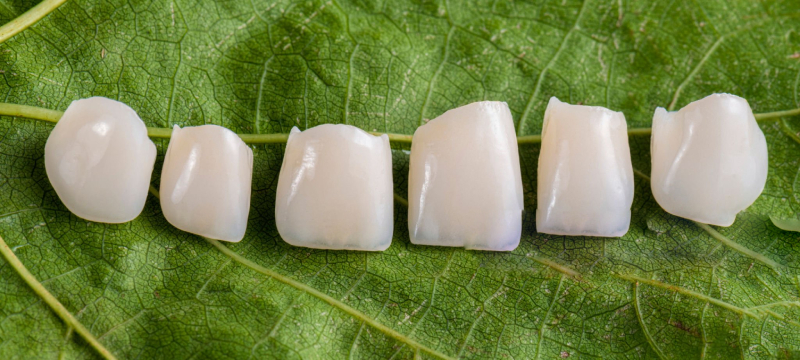Affordable Broken Partial Flexible Denture Repair
Affordable Repair Services for Broken Partial Flexible Dentures
Istar Dental Lab, known as one of the top five dental laboratories in China, focuses on giving high-quality, dependable, and low-cost dental products and services to our customers worldwide, including dentists, dental clinics, hospitals, and other dental labs. Lately, flexible partial dentures (FPDs) have become much more popular. These are made from special plastics like Valplast, TCS, Duraflex, Flexite, and Lucitone FRS. This has created new chances and some special problems. While these materials offer more comfort and a better look for patients because they are flexible and don’t have metal clips, they can still break. Cracks, teeth falling off, and clasps breaking are common problems that need fixing.
Service Description
Our Affordable Broken Partial Flexible Denture Repair is a special service for dental experts. We focus on fixing flexible dentures and flexible partial dentures for dental labs, dentists, dental clinics, and dental hospitals. Help your patients by getting their broken or cracked dentures fixed quickly and at a good price.
Common Cases We Repair
Based on our many years of experience and industry info, the most common repair jobs for flexible partial dentures are:
Clasp Fracture: This is the most common problem, making up over 60% of FPD repairs. Clasps, which are thin parts of the denture base that grip the teeth, bend again and again when put in and taken out. The material getting tired is the main cause, and this happens faster if the clasp isn’t thick enough, the design is poor (like gripping too tightly), or the patient doesn’t use it correctly. Breaks usually happen where the clasp meets the main part of the denture or at the tip of the clasp. Fixing these is hard to do because the flexible material doesn’t stick well to repair materials.
Base Fracture and Splitting: Cracks in the denture base, like splits down the middle in upper dentures or cracks in the saddle area, make up about 25% of repairs. These often happen in thin spots, areas under a lot of biting pressure, or around metal parts (if there are any). Not being thick enough, a poor fit against the gums, or too much bending under pressure can cause these problems. Valplast and TCS bases are known for splitting in the saddle or at the end.
Tooth Debonding and Loss: The acrylic teeth (usually PMMA) are stuck to the flexible base with glue or by their shape. A weak chemical bond between the base (made of nylon or polyolefin) and the PMMA teeth, along with biting forces, can cause teeth to break off the denture. This is a problem that happens often, making up about 15% of repairs, and is usually seen in the front teeth. Some materials like TCS and Flexite might have this happen more, depending on how they were made.
Our Repair Methods and Steps
Istar Dental Lab uses a mix of trusted and new methods to handle the special problems of fixing flexible partial dentures. We focus on making the bond as strong, long-lasting, and good-looking as possible, all while keeping prices low. Our steps are always being improved based on our own research and the latest news from the industry.
Intake, Sorting, and Digital Records
When we get a damaged flexible partial denture, we start with a careful check-in and sorting process. We scan each case with high-quality desktop scanners (like the Shining 3D AutoScan) to create an exact 3D model of the break or damage. We also take digital photos to record its condition, color, and the specific way it broke.
Cases are then sorted by how complex and urgent they are using a standard system (like a color-code) to decide which jobs to do first and use our team and tools in the best way. This first digital record is key for planning the repair and, if needed, designing custom tools to help with the fix.
Surface Preparation
Getting the surface ready is key to getting a good bond with flexible resins. Istar Dental Lab uses a few methods:
Mechanical Abrasion/Roughening: We create a clean, rough surface to give the repair material a better grip. We usually do this by sandblasting the area with tiny particles of aluminum oxide at a set pressure.
Advanced Surface Treatments (Being Tested): We are testing and looking into newer methods like atmospheric plasma treatment (using argon or oxygen plasma). Studies show this can make the surface much easier to wet and can make the bond stronger (up to 15–20 MPa in studies) compared to normal methods. We are also looking at laser surface treatment (Er:YAG, CO2) to see if it can change the surface texture. While these need special tools and training, they could make repairs much more durable. We are checking if it’s worth the cost to add them to our normal process.
Bonding Agents and Adhesives
Choosing the right glue is very important. We don’t use regular MMA-based resins for direct bonding because they don’t work well. Our way involves:
Proprietary Polyamide-Based Resins: When we can, we use the manufacturer’s suggested repair kits, like Valplast Repair Resin or TCS Unbreakable Repair Kit, to get the best chemical match with the denture material.
Specialty Primers and Adhesives: For materials where special kits don’t work well or when we need an even stronger bond, we use special primers (like Visio.link) or all-purpose glues with special ingredients (like 10-MDP) along with making the surface rough. These special ingredients can give mixed results on their own, but they work better when used with a mechanical surface treatment.
Mechanical Retention: For tough repairs, especially broken clasps, we carve special shapes like dovetail cuts or undercuts into the repair area to add extra strength to the chemical bond.
Reinforcement Techniques
To make repairs last longer, especially in high-stress spots like clasps and thin bases, Istar Dental Lab adds strengthening materials:
Fiber Reinforcement: We often use glass fibers (like Stick Tech) or polyethylene fibers (like Ribbond) inside the repair resin. Studies show glass fiber can make the repair up to 40% stronger. This needs to be placed just right and soaked well with resin.
Metal Wire/Mesh Inclusion: For very strong repairs, especially of broken clasps, we might add a sandblasted stainless steel or titanium wire (0.5–1.0 mm) or mesh into the repair area. While this works well, it can make that one spot less flexible.
Advanced Composites (Under Review): We are looking at using composite resins with tiny fillers or short fibers (like everX Flow) because they have better strength and might work well with flexible bases.
3D-Printed Reinforcement (Future Idea): As a new idea for the future, we are looking into designing and 3D printing custom support grids (maybe from high-strength plastics like PEEK) that could be placed perfectly inside the repair. This is still being tested but could offer custom strength.
An effective repair depends heavily on the right surface treatment and glues to make sure the strengthening material is securely attached to the flexible base.
Repair Application and Curing
The chosen repair resin (special flexible resin, specialty composite, etc.) is carefully put on the prepared and strengthened area. For flexible resins that need heat to cure, we use pressure/curing machines (like Valplast injection systems) as the maker suggests. Light-cured composites need their own special curing steps.
Finishing and Quality Control
After curing, the repaired area is carefully trimmed, shaped, and polished to blend in smoothly with the original denture, making it comfortable and good-looking again.
Quality control is a very important step. We use standard QC checklists at several points (before repair, after repair, final polish) to make sure the repair meets our own standards for bond strength, fit, looks, and its overall strength. We use digital photos for a final check.
Standard Operating Procedures (SOPs)
To make sure every job is done the same way and to lower mistakes in our busy lab, Istar Dental Lab has created detailed Standard Operating Procedures (SOPs) for fixing different flexible denture materials (Valplast, TCS, etc.). These SOPs cover everything from check-in and surface prep to handling materials, strengthening methods, curing, and final QC. Using SOPs and checklists has clearly lowered our remakes and reworks by 25–30%.
By using a mix of proven methods and looking into new materials and technologies, Istar Dental Lab works hard to provide flexible denture repairs that are not only low-cost but also have the best possible chance of lasting a long time, despite the natural difficulties of these materials.
How Our Affordable Broken Partial Flexible Denture Repair Process Works
- Send the Damaged Partial: Pack the broken partial and ship it to us, or use our local drop-off spots.
- Expert Evaluation: Our experts check everything: the base, the clasps, and the teeth.
- Precision Repair: We use special tools and thermoplastic resin to fix:
- Broken bases
- Cracked or missing teeth
- Damaged clasps All repairs are done to be strong and look natural.
- Quality Check: Every affordable denture repair is tested for strength, fit, and how well it works.
- Fast Return Shipping: Get your repaired partials back, ready to give to your patient.
Benefits for Your Practice
Cost Savings: Thanks to our size and smart processes, Istar can offer repairs at a much lower cost than doing it yourself or using many local labs.
Access to Expertise and Technology: You get a team of highly trained technicians who are experts in flexible materials, and you get to use our advanced tools and methods (like plasma treatment or advanced strengthening methods) that might not be available where you are.
Consistent Quality: Our standard steps, SOPs, and strict quality checks mean you get high-quality repairs you can count on, no matter how complex the job is.
Focus on Your Main Business: Dental practices can focus on taking care of patients, and other labs can focus on their main production work, sending us the tricky technical repair work that might be less profitable.
Faster Turnaround: While international shipping takes time, our fast internal process and special repair team can get the work done quickly once we receive it. This can mean competitive overall turnaround times, especially for normal, non-rush jobs.
Trusted Across the Dental Industry
Dental labs, dentists, dental clinics, and dental hospitals choose us for:
- Expertise in flexible partial denture repair
- Fast, affordable denture repair processes
- Professional, dependable results
- Peace of mind for both your practice and your patients
Get Started Now!
Contact us today to get your affordable broken partial flexible denture repair started. Your patients will smile again—quickly, at a good price, and with total confidence.

